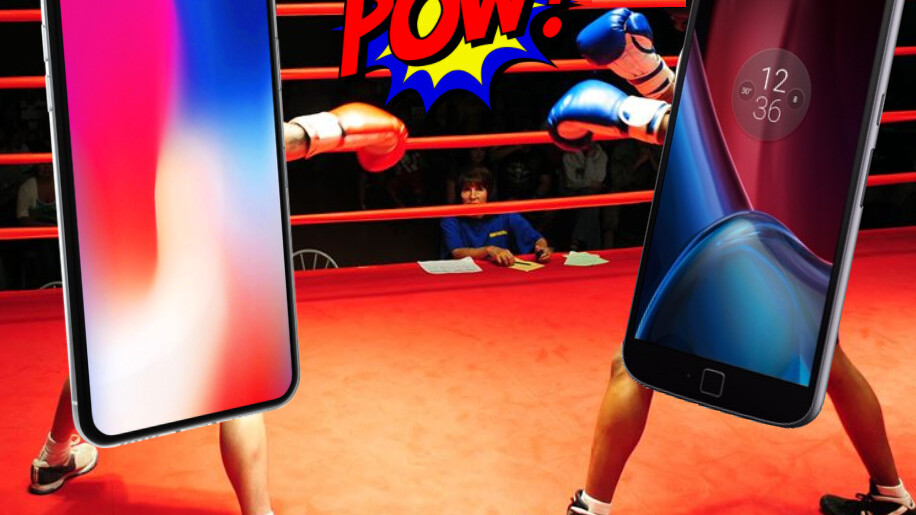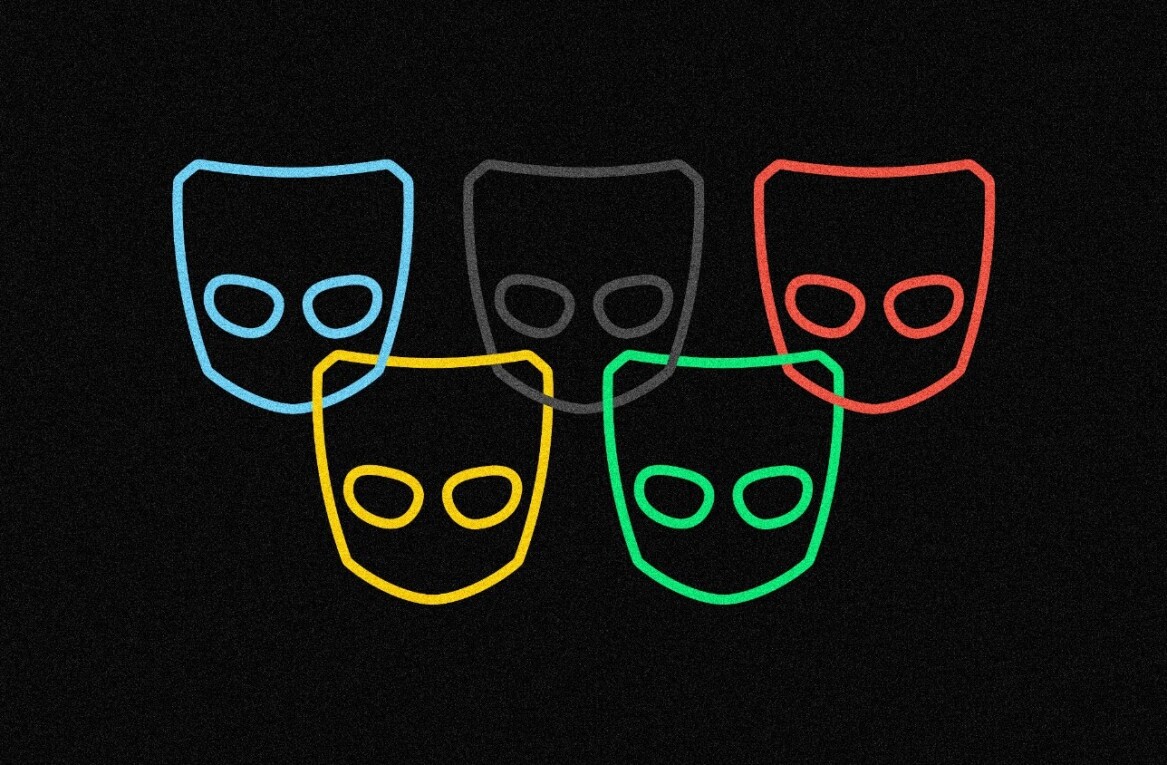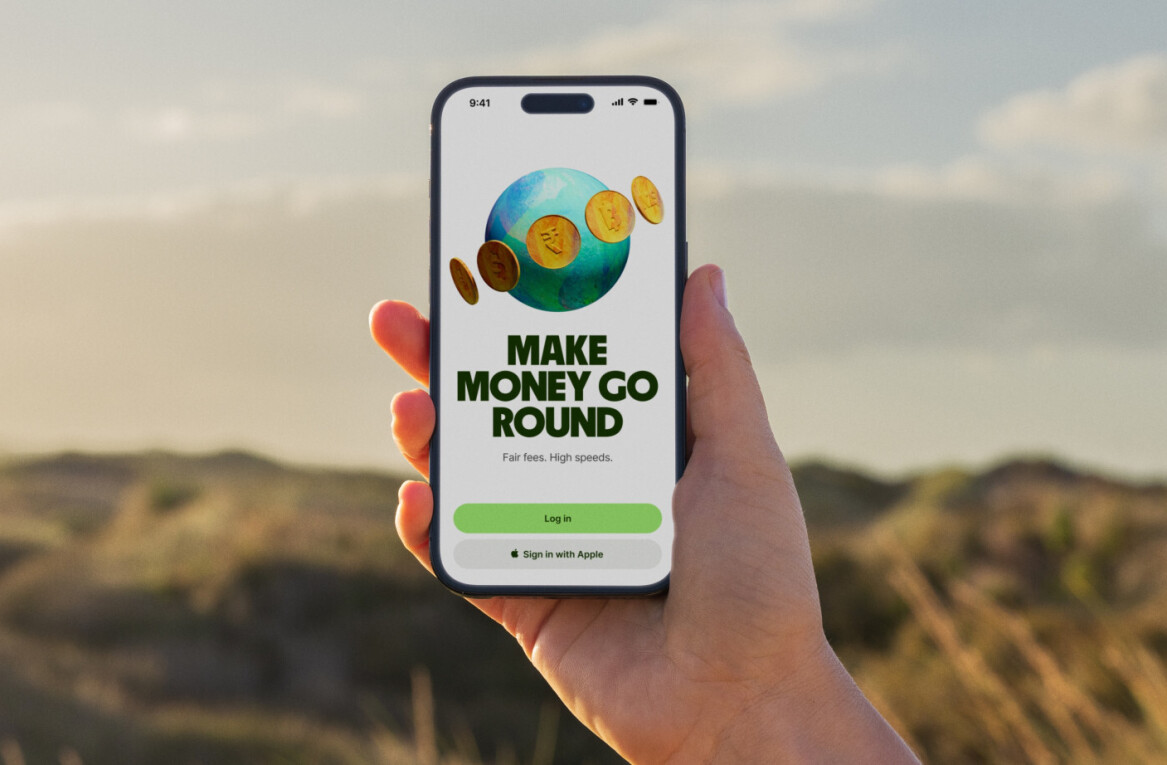
I’ve been running a month-long smartphone experiment. In a nutshell, I decided to see if a cheapish (£150) Android phone can do everything that an expensive (£1000) iPhone X does.
So one month after putting my iPhone in a drawer, and beginning to use a Moto G4+ what have I discovered?
Firstly, that the Android Operating System is much much better than it used to be.
The Moto G4+ uses Android version 7.0 (aka Nougat as Google insist on using ridiculous names for version numbers) which is a huge leap forward compared to when I last used Android a few years ago. The whole thing feels slick and fast to use, and from a look and feel perspective, it feels just as “quality” as an iPhone.
There are only a couple of legacy Apps that let this down, such as the voicemail App that looks ten years out of date with a big clunky graphic.
The biggest thing I noticed (that is obvious once you think about it) is that because you spend 90 percent of your time in Apps, the actual operating system (Android or iOS) doesn’t actually matter as much as you may think. If you open the Slack App on an iPhone for example, it’s pretty much identical to the Android version. This is the case for nearly all the Apps I use on a daily basis.
So have I struggled or got annoyed with anything? Surprisingly little.
After a month’s heavy use I’ve not had a single crash or issue which is encouraging.
One thing I noticed early on, and is an annoyance, is the absence of notification badges on App icons (e.g. If you have seven new text messages, on iOS it will have the seven counter on the message App icon itself). This means that if you close the notification in the screen header, it’s easy to forget about unread messages. Apparently, this has been addressed in the newer Android 8.0 which now includes notification badges though.
Going back to the comparison with the iPhone X, I can hear people saying “but what about the fab camera and face unlocking etc” that Apple has made so much of. Yes, I’d agree that the camera will be better quality but I’ve been surprised at how good the camera is for a £150 phone.
The whole face unlocking thing is interesting though. I didn’t realize at first but this Moto G4 actually has it too!
If you go into your settings it has some “smart unlocking” features. The face unlock works surprisingly well in various lighting and different angles (and while wearing glasses).
The best “smart unlock” feature though, is the location-based unlock in my opinion. You can basically add locations where the phone will automatically be unlocked so you don’t need to enter your pin (or swipe pattern etc). I set mine up for both my home, and office, and it works brilliantly.
So, in summary
From an operating system perspective, which is better, Android or iOS? I’d actually say that they are now at the same level. As mentioned above, because we spend almost all our time in Apps, I don’t think it matters too much. As an iOS user for a number of years, I’d say that Android is just slightly different, rather than better or worse. Jumping between the two isn’t the huge leap it used to be.
And of course, the final big question is… Will I be sticking with the Moto G4+, reverting back to my iPhone 6, or upgrading to an iPhone X? You know what, I’m going to save myself £1000 and stick with the Moto. For now at least…
Get the TNW newsletter
Get the most important tech news in your inbox each week.




